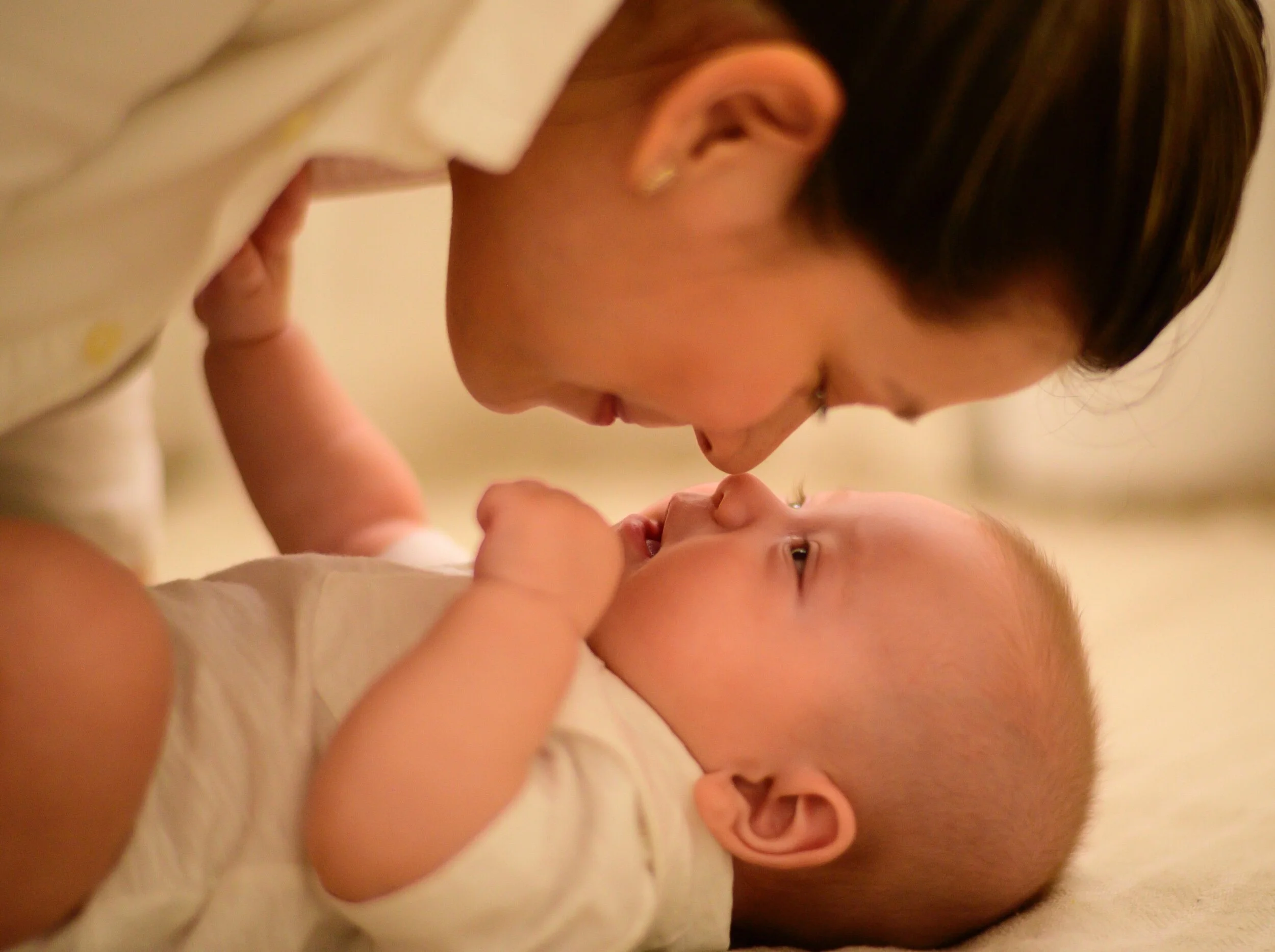Do you find yourself asking this question? I remember being so paranoid shortly after my second was born about having postpartum depression. Knowing what the symptoms were I felt I was always on the lookout. Looking back I know I had postpartum anxiety and I think I was in denial about how I was feeling. I have always had underlying anxiety, but after my second was born it culminated and I was anxious about things that didn't worry me before to the point of feeling panicked at times and fears around leaving the house or reaching out to people to connect and spend time with them, even friends and family. I felt on edge a lot.
After I had decided I wanted to work with pregnant and postpartum women with depression and anxiety, I learned how prevalent it is and how it can impact your children and family life for years to come.
Okay, but you are still wondering if you have postpartum depression or anxiety. The symptoms can manifest differently with each woman and each woman’s experience is unique to them. But,
I can say getting help and learning ways to manage how you feel and having a toolbox full of self care strategies and relaxation techniques will always be beneficial to your well being.
Screening Edinburgh Postnatal Depression Scale
This is the most common and frequently used screening to determine if a woman has symptoms of postpartum depression. It is not a formal diagnosis tool, but it is validated to determine if a referral is recommended for outpatient counseling services.
Here is a link where you can take the screening yourself and it will give you results instantly, if you score above the cutoff it may recommend that you seek out counseling services or speak to your primary care physician about your results.
Edinburgh Postnatal Depression Scale: EPDS
Baby Blues
Weepiness or crying for no apparent reason
Impatience
Irritability
Restlessness
Anxiety
Fatigue
Insomnia (even when the baby is sleeping)
Sadness
Mood change
Poor concentration
Lots of women have what is called “baby blues” 2-3 weeks post birth of baby; up to 80% of women. And usually go away on their own. If you are continuing experience the symptoms listed above past the first month postpartum, you could be suffering from postpartum depression.
Here are some common symptoms of postpartum depression and anxiety
Feeling sad, hopeless, or overwhelmed more days than not
Crying for no reason or more than usual
Worrying or feeling anxious
Constantly worrying something bad may happen to your baby.
Irritability or moodiness
Sleeping too much or not being able to rest or sleep when baby sleepsHaving trouble concentrating
Lost interest in activities you used to find enjoyable Change in appetite eating too much or not enough
Avoiding family or friends, feeling withdrawn
Having trouble bonding with your baby or not feeling emotional attachment to your baby
Constantly doubting your ability to care for baby
Having scary thoughts
Thoughts of harming yourself or your baby
Feeling rageful
Postpartum depression or PPD or Perinatal Mood and Anxiety Disorders can affect any woman.
The terminology has changed to Perinatal Mood and Anxiety Disorders (PMAD) to encompass depression and anxiety, and to include pregnant women.
Here is a blog post on Postpartum OCD (Obsessive Compulsive Disorder) to read more on how those symptoms differ from postpartum psychosis.
If you aren’t feeling yourself, reach out for help. Right now we are all feeling more isolated and with having a new baby or expecting a new baby, the support and resources that are typically available to pregnant and postpartum women aren’t as available during the pandemic as before and we are unsure when everything will begin to reopen.
If you or a loved one are struggling and need additional support, please seek out care.
I specialize in working with women who are looking for postpartum depression treatment helping them find joy, relief, and balance in their lives.
You can call me at 970-795-2100
with care,
Alison

